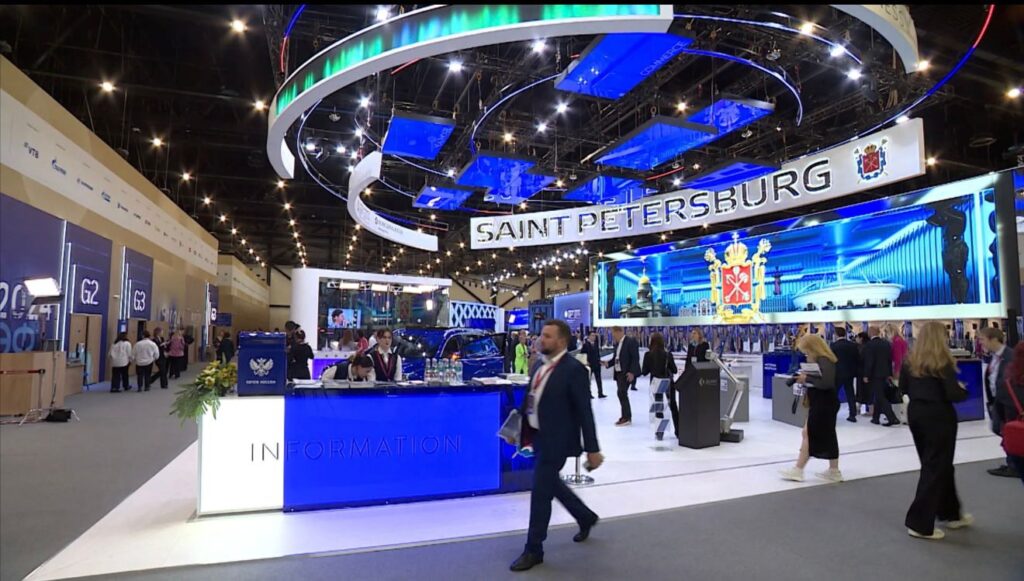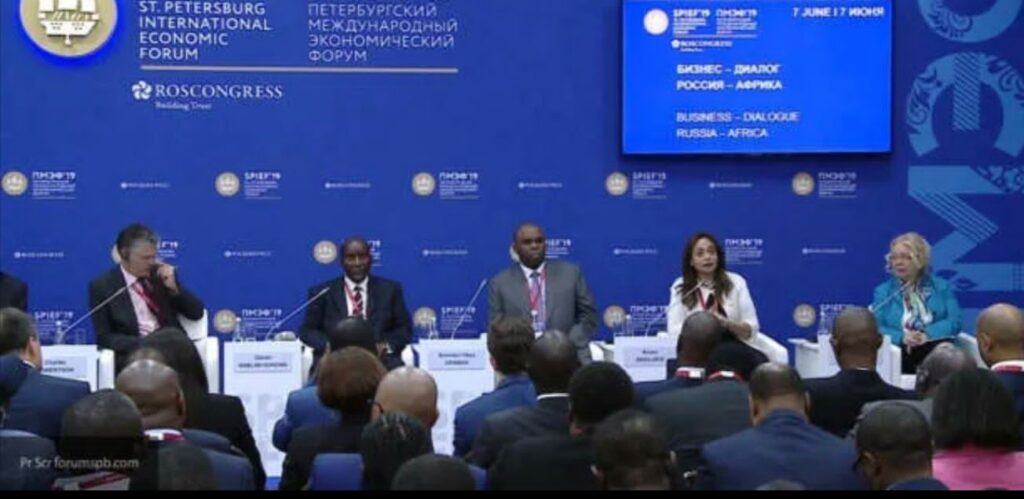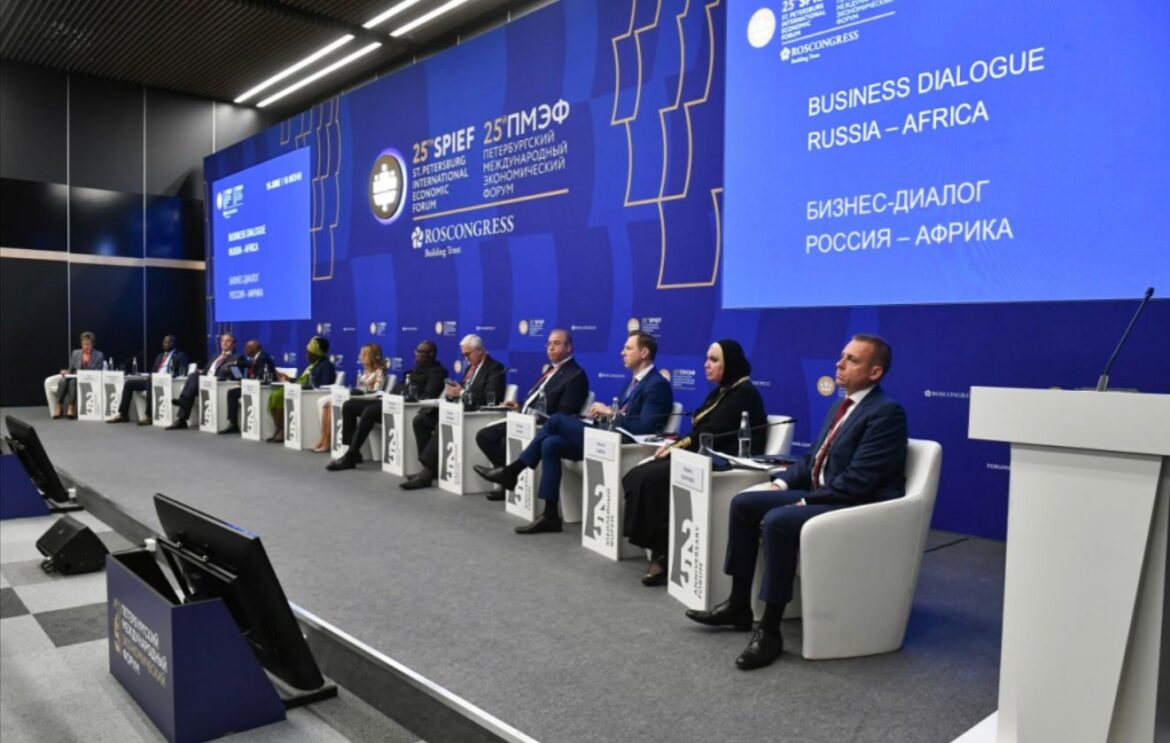June 18, the St. Petersburg International Economic Forum (SPIEF 2025) kicks off — one of the key global platforms for economic dialogue. In 2024, the forum welcomed around 21,800 participants from 139 countries. This year, over 22,000 delegates from 140 countries are expected, with notable participation from African nations.
SPIEF has become a truly global venue for fostering business relations between Russia and Africa. The 2024 edition featured several tangible outcomes: Burkina Faso reached an agreement with Rosatom on a nuclear power plant project; Niger, Burkina Faso, and Mali signed memoranda with Rusagroexport and PhosAgro on fertilizer supplies and agricultural technology; and the Cameroonian delegation actively engaged with representatives of BGFIBank and the Port of Kribi, discussing major logistics and financial partnerships.

Despite SPIEF’s status as a prominent venue for international business and political dialogue, recent years have seen a decline in the attendance of African leaders. One of the most notable cases was Kenyan President William Ruto’s decision to abstain from traveling to St. Petersburg, citing a desire to “avoid sanctions” — a reference to the geopolitical pressures and potential international criticism. In today’s complex geopolitical environment, the presence of African delegations at SPIEF carries special significance, underscoring a commitment to an independent foreign economic policy and multipolar cooperation.
Key themes to be addressed at SPIEF 2025 include:
• Energy and resource processing, of particular relevance to many African states;
• Agro-industrial development, with a focus on grain production technologies, fertilizer innovation, and agricultural digitalization;
• IT and digital infrastructure, including platforms in healthcare and telecommunications;
• Logistics and infrastructure, with an emphasis on ports, railways, and transport corridors.
Why SPIEF Matters to Africa

SPIEF 2025 is not merely a prestigious business event — it is a practical, results-driven platform for Sub-Saharan nations. The forum offers:
• Real contract opportunities: tangible agreements have already been signed in the fields of nuclear energy, agriculture, and logistics.
• Access to technology transfer: participants gain exposure to Russian expertise in agritech, energy, and digital innovation.
• A platform for economic multipolarity: SPIEF promotes alternatives to Western development models and amplifies the voice of African countries in shaping global economic policy.
Despite ongoing Western pressure, African states continue to participate through official ministers, business leaders, and political figures. Their presence affirms a shared aspiration for a more balanced, inclusive, and secure global economic future.

